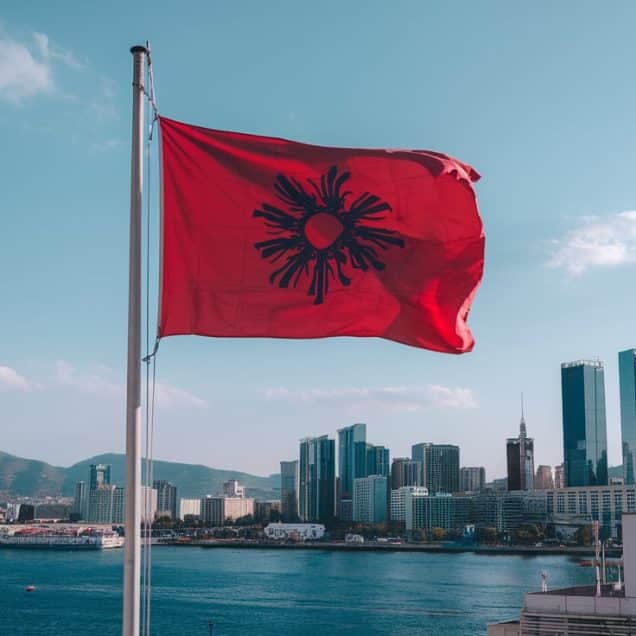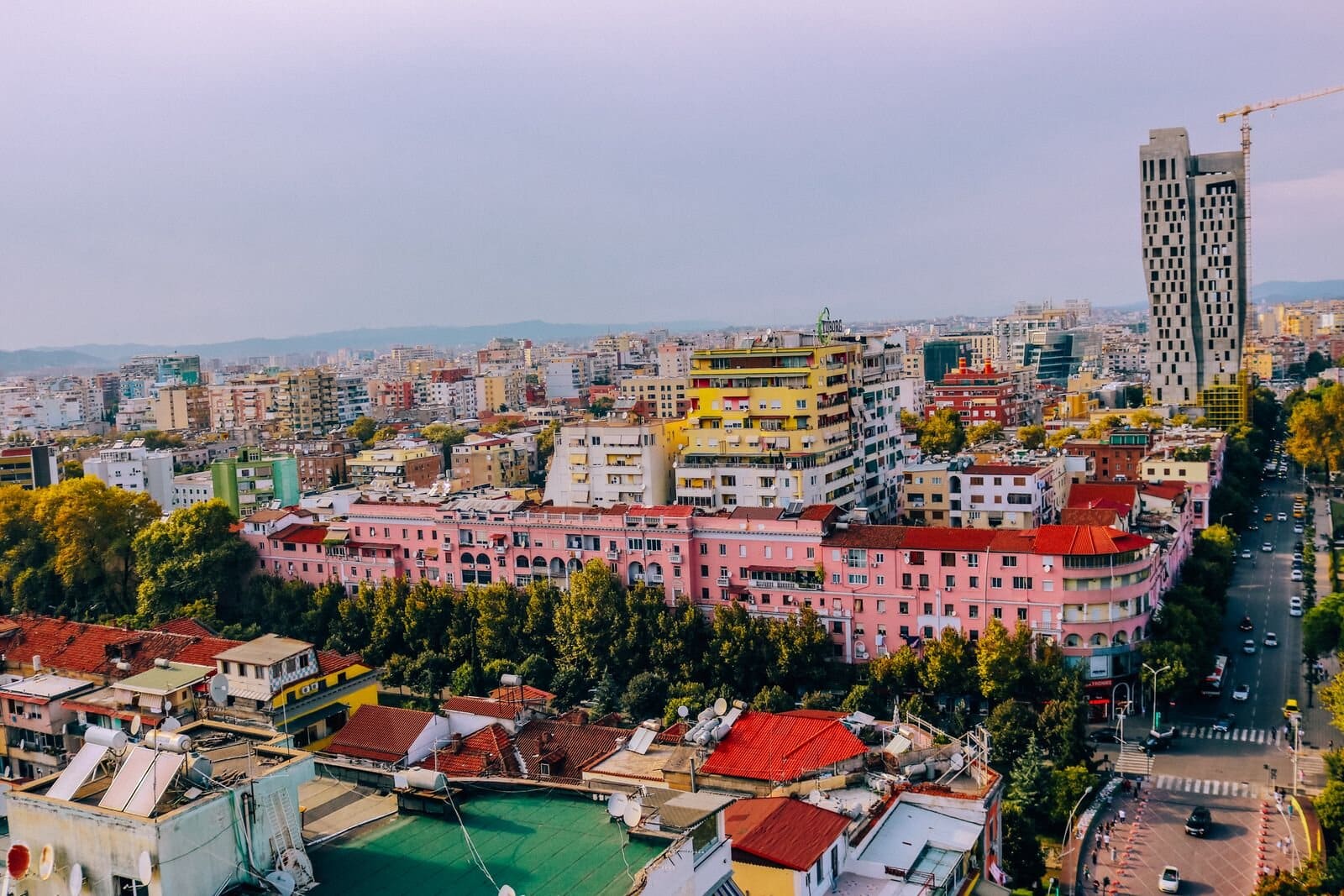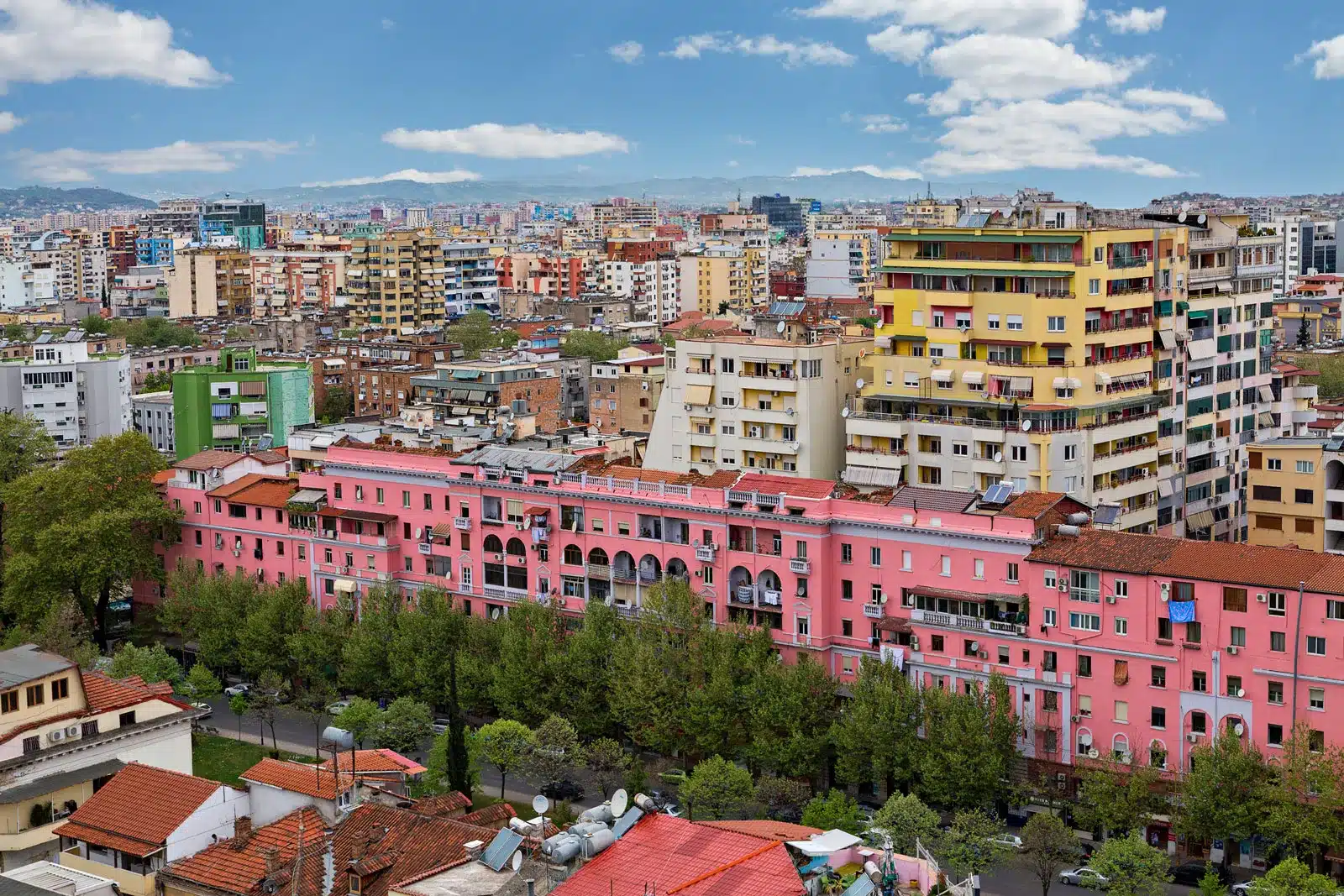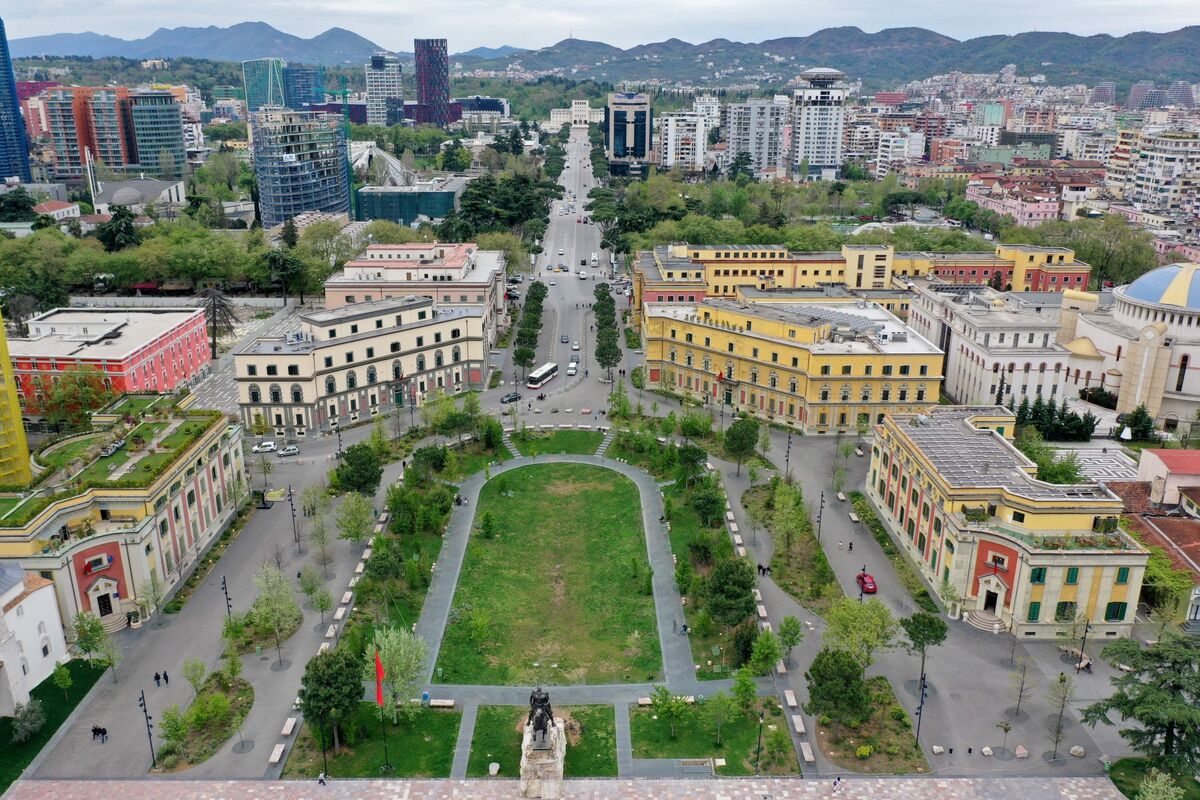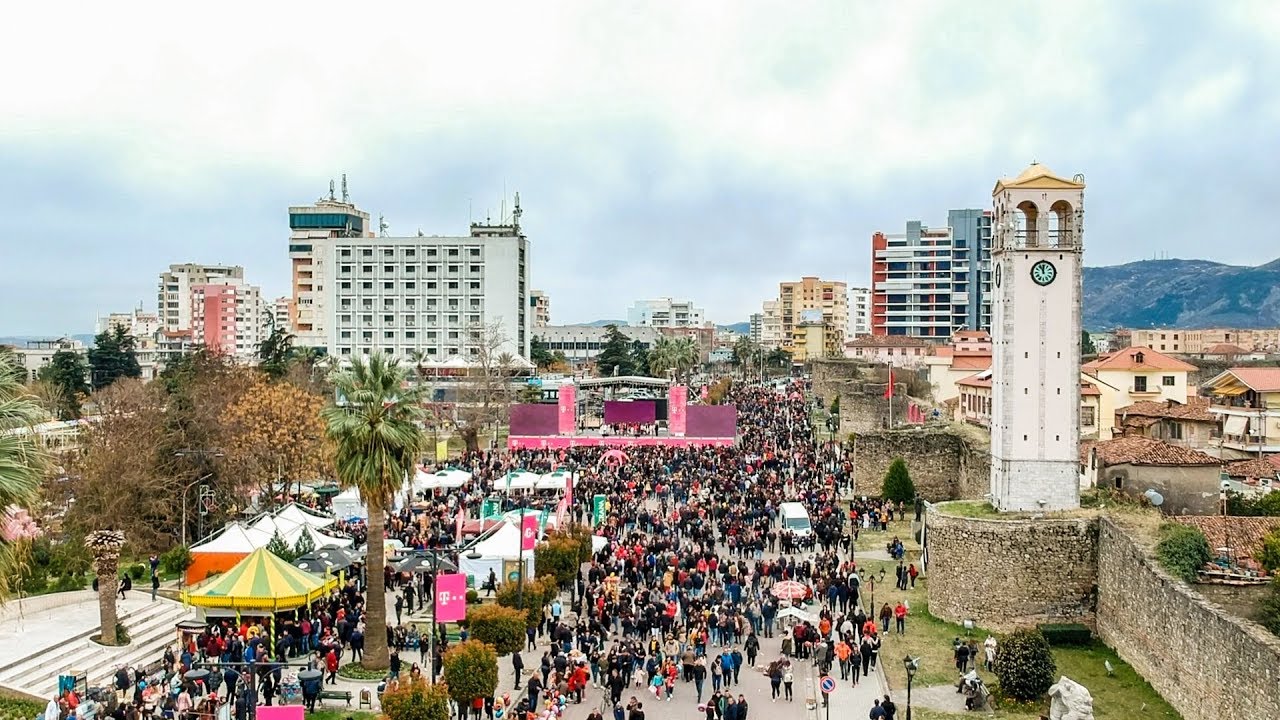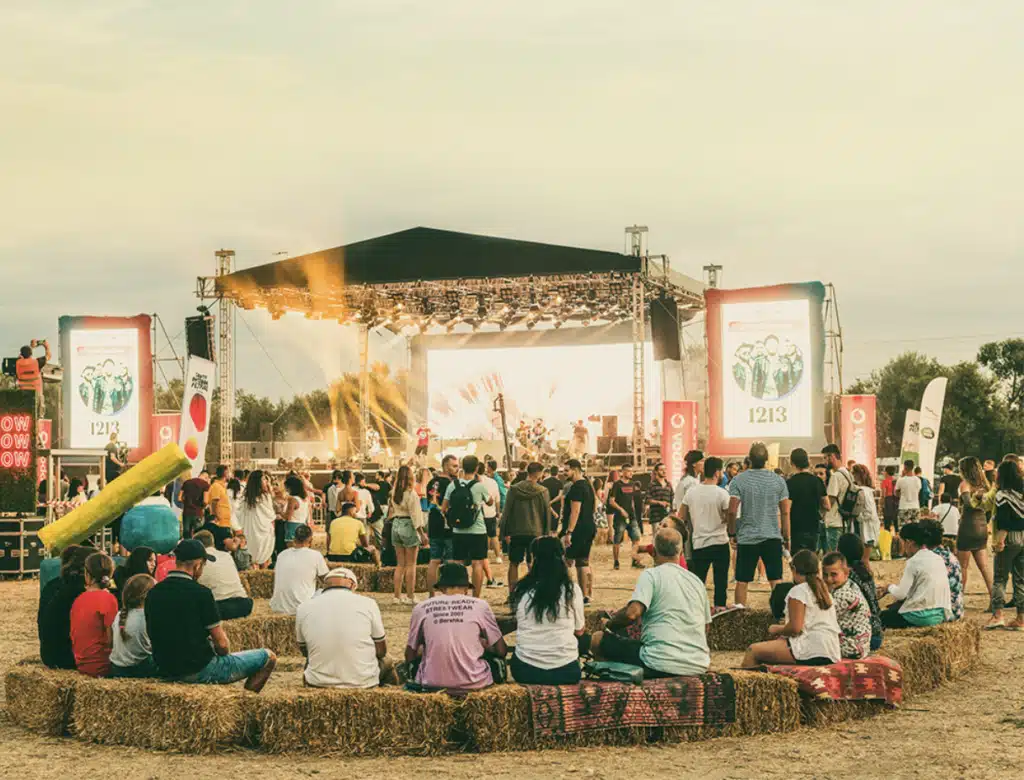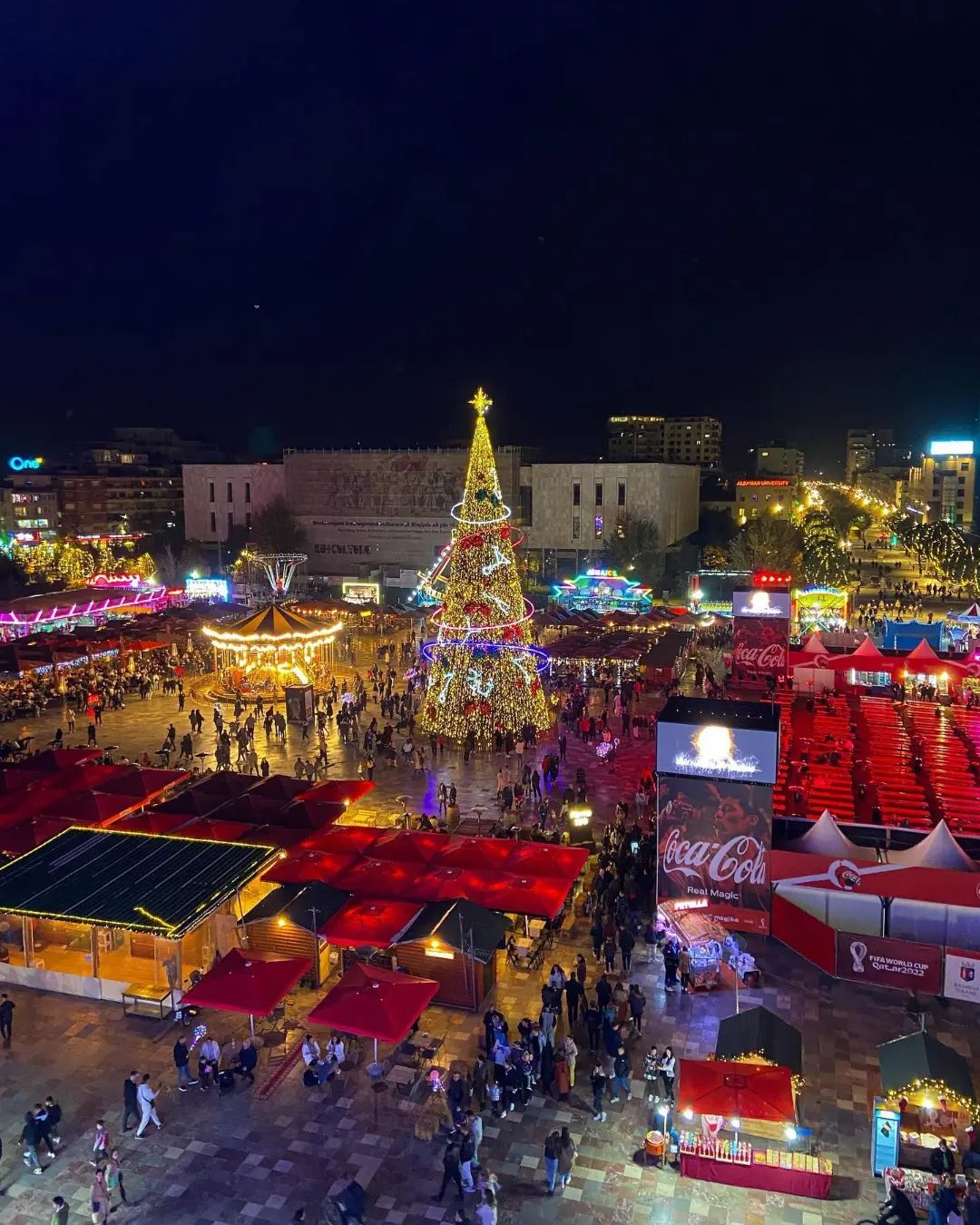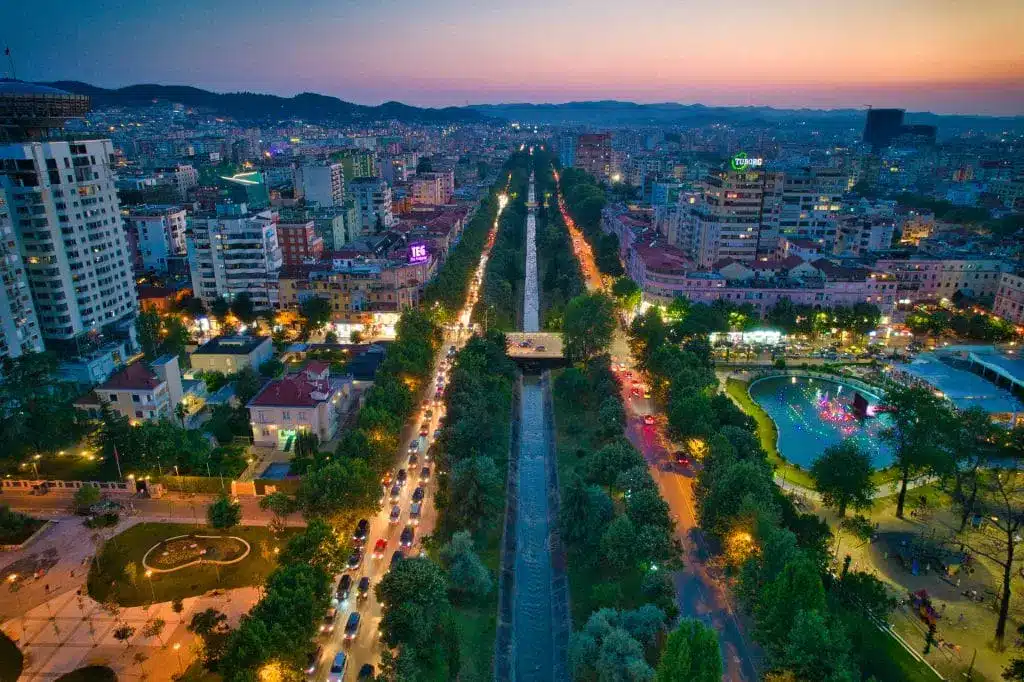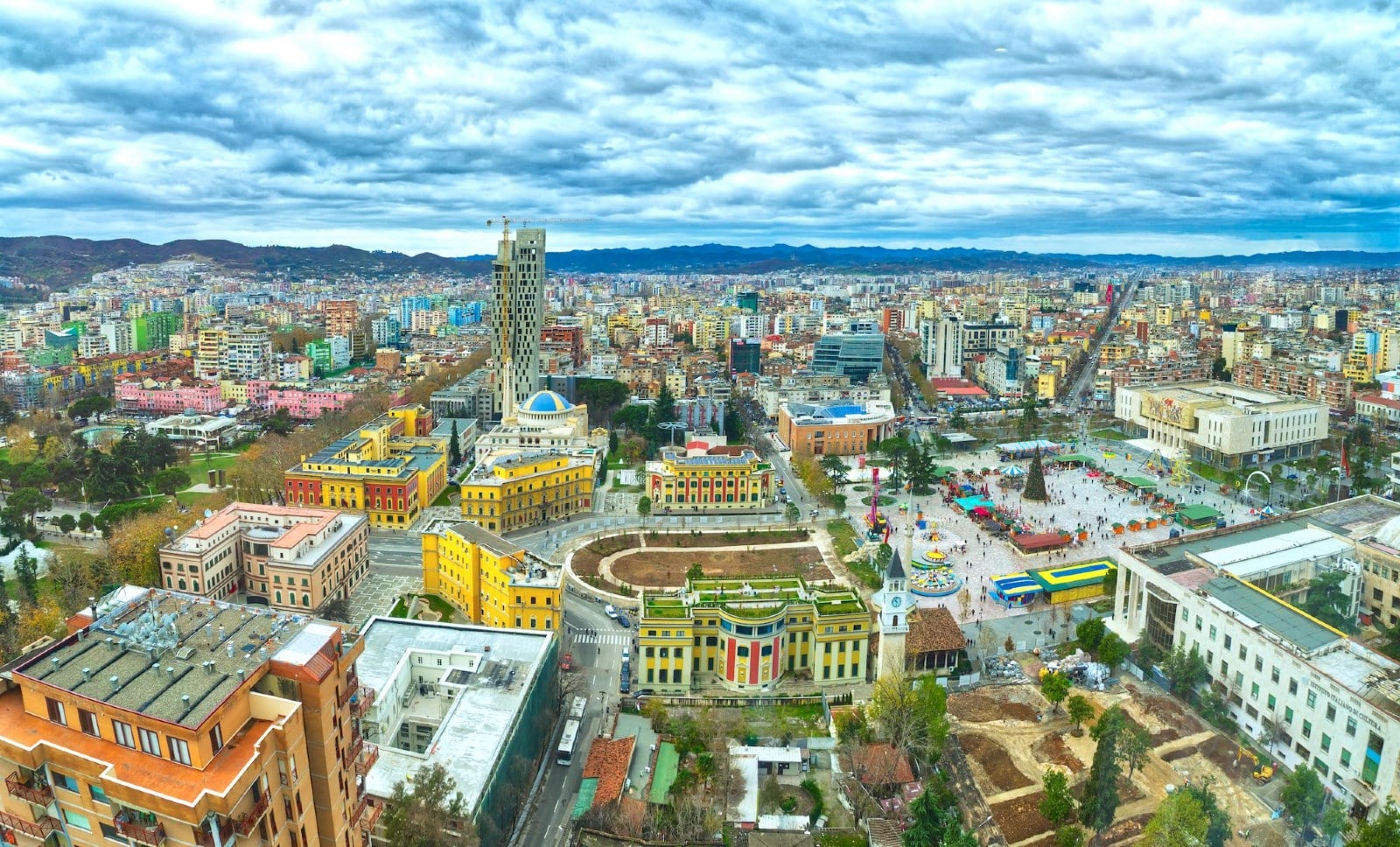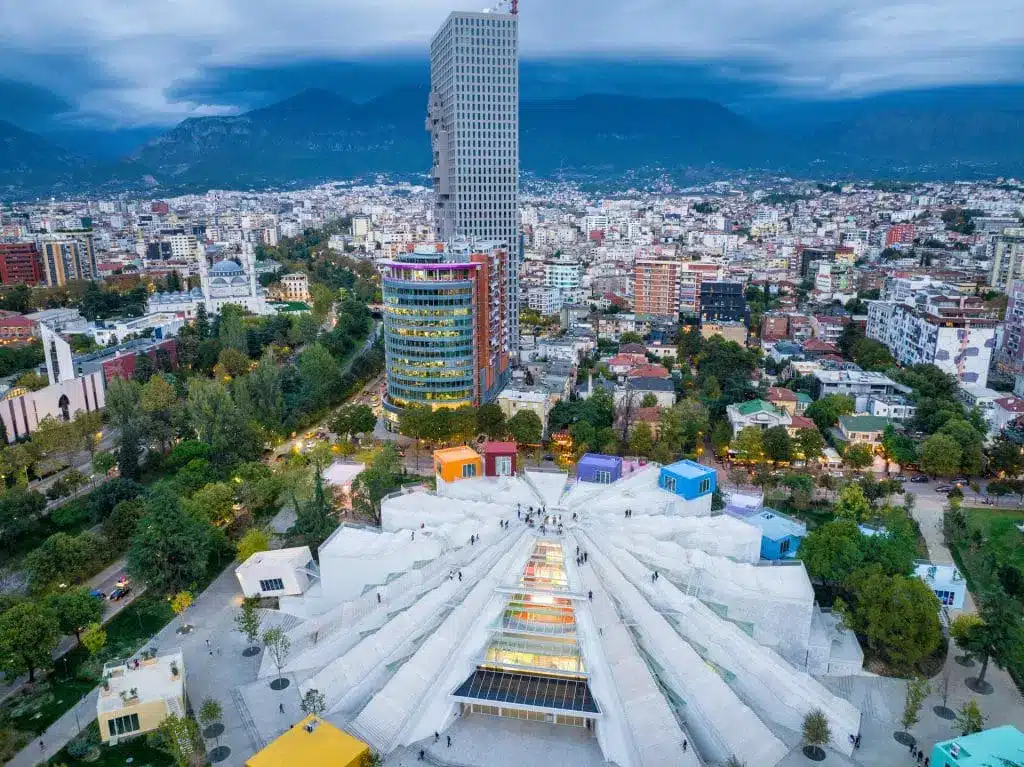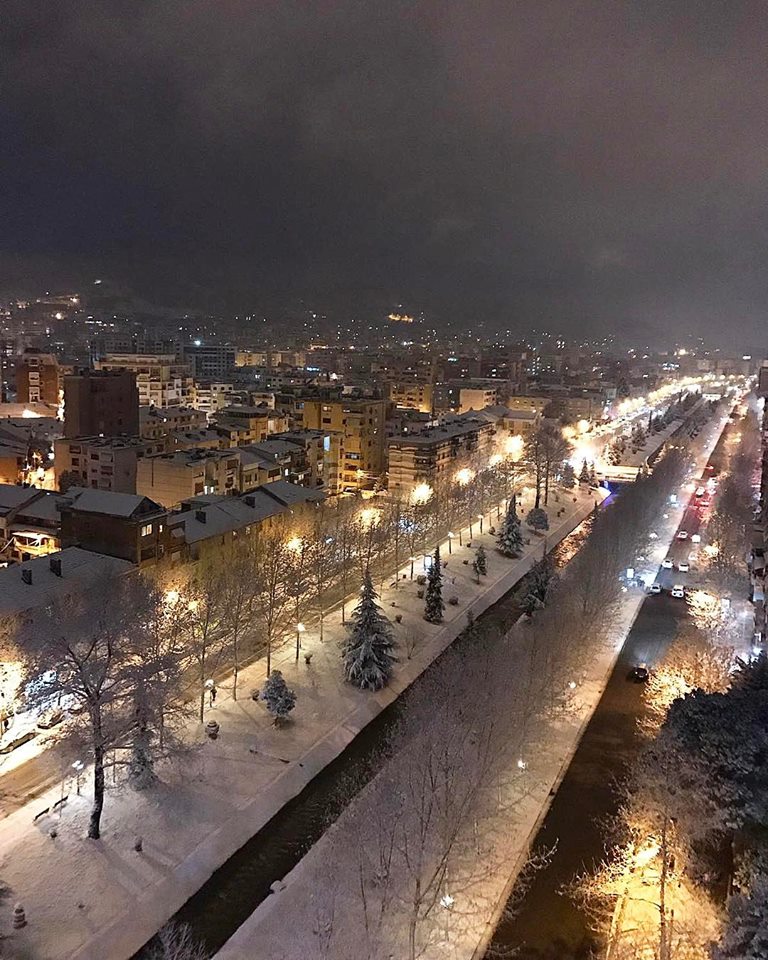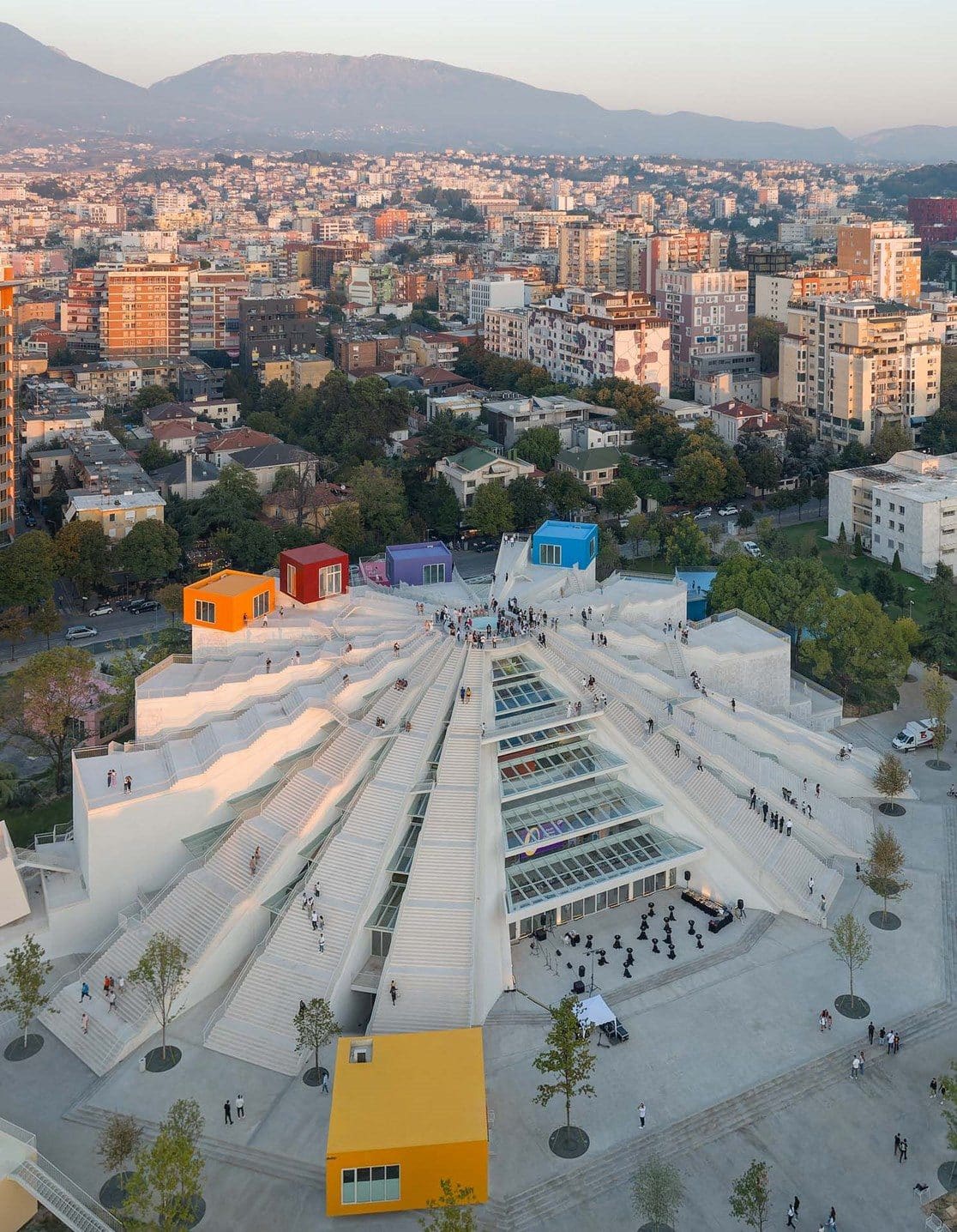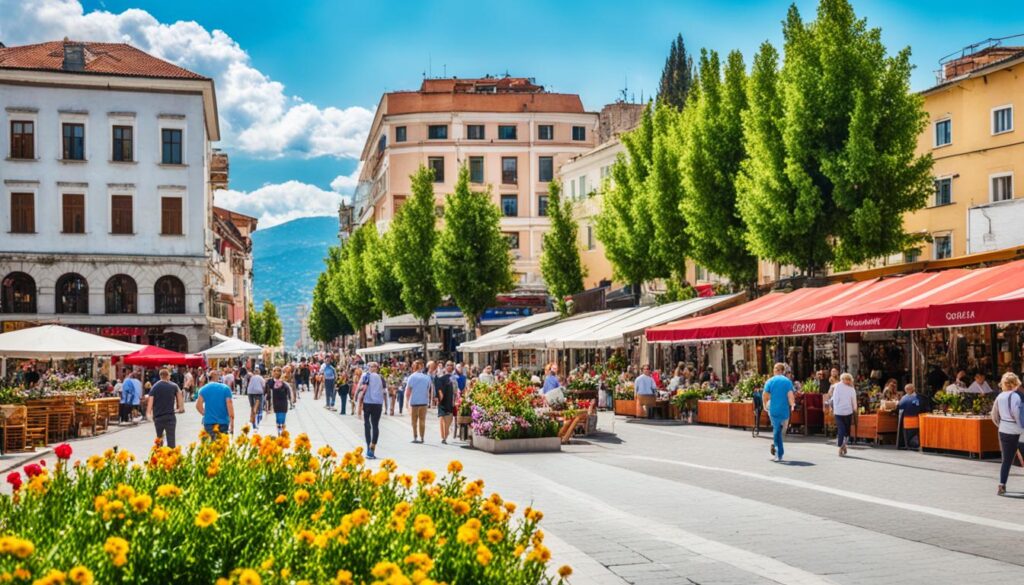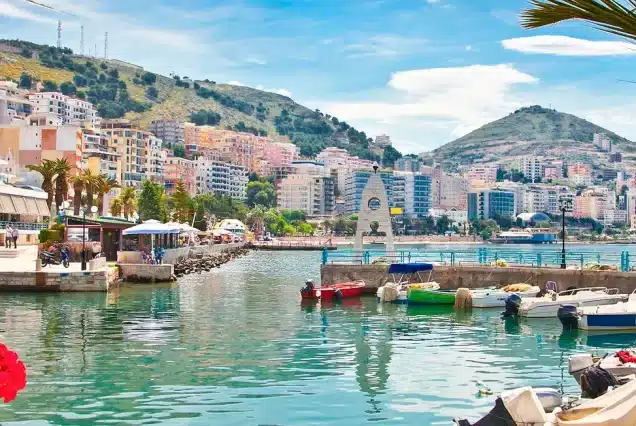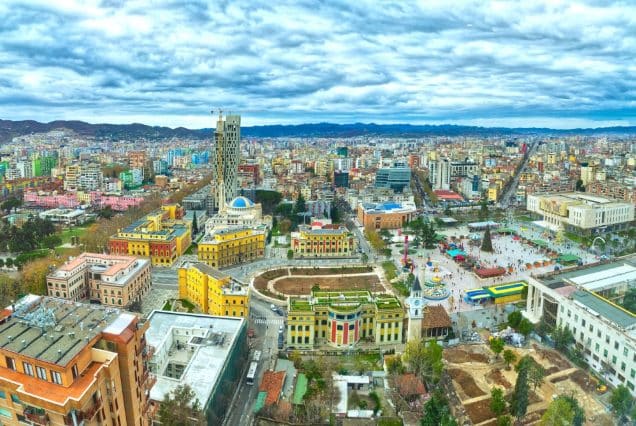

Discover Albania
Sights
Map
Info
Albania, a hidden gem in the Balkans, offers a rich blend of cultural heritage, stunning landscapes, and warm hospitality. When planning a visit, it’s essential to understand visa and passport requirements, transportation and accommodation options, and dining and cultural practices. Additionally, being aware of language barriers, technology, communication, and shopping practices will enhance your travel experience and help you make the most of your trip.
Visa and Passport Requirements
Visa-Free Travel: Citizens of many countries, including the EU, the U.S., and Canada, can enter Albania visa-free for up to 90 days.
Passport Validity: Your passport should be valid for at least three months beyond your planned departure from Albania.
Extension of Stay: If you wish to stay longer, it’s possible to apply for a visa extension at local immigration offices.
Transportation
Public Transport: Buses and minibusses (furgons) are common for intercity travel, though schedules can be flexible.
Car Rentals: Renting a car is a popular option for exploring rural areas, but be mindful of road conditions, especially in remote areas.
Taxis: Taxis are widely available in cities; however, it’s advisable to agree on a fare before starting your journey.
Accommodation
Hotels: Albania offers a range of hotels, from budget options to more luxurious accommodations, particularly in Tirana and along the coast.
Guesthouses: Guesthouses are common in smaller towns and rural areas, providing a more local and intimate experience.
Hostels: Hostels are popular among backpackers, especially in Tirana and popular tourist areas like the Albanian Riviera.
Dining
Traditional Cuisine: Albanian cuisine features a mix of Mediterranean and Balkan flavors, with dishes like byrek, tavë kosi, and fërgesë being popular.
Seafood: Coastal areas offer fresh seafood, often grilled and served with local herbs and olive oil.
Cafés and Bakeries: Cafés and bakeries are abundant, where you can enjoy a variety of pastries, coffee, and traditional sweets.
Cultural Considerations
Respect for Traditions: Albanians are proud of their traditions, and it’s important to show respect, especially when visiting religious sites or participating in local customs.
Dress Code: While Albania is relatively relaxed, modest dress is recommended when visiting religious sites or rural areas.
Hospitality: Albanians are known for their hospitality; it’s common to be invited for coffee or a meal, and it’s polite to accept such invitations.
Language
Albanian Language: Albanian is the official language, and while younger generations often speak English, older generations might not.
Basic Phrases: Learning a few basic Albanian phrases or using translation apps can help with communication, especially in rural areas.
Technology and Communication
Wi-Fi Access: Wi-Fi is widely available in hotels, cafes, and public spaces, though the speed may vary depending on the location.
Local SIM Cards: Local SIM cards with affordable data plans are easy to obtain, making it convenient to stay connected during your trip.
Shopping and Payment
Cash vs. Cards: Cash is commonly used, especially in smaller towns, though credit cards are accepted in larger cities and hotels.
Local Products: Albania is known for its handmade crafts, olive oil, and raki (a traditional alcoholic drink), which make for great souvenirs.
Bargaining: Bargaining is not common in most shops, but you might have some flexibility in street markets.

